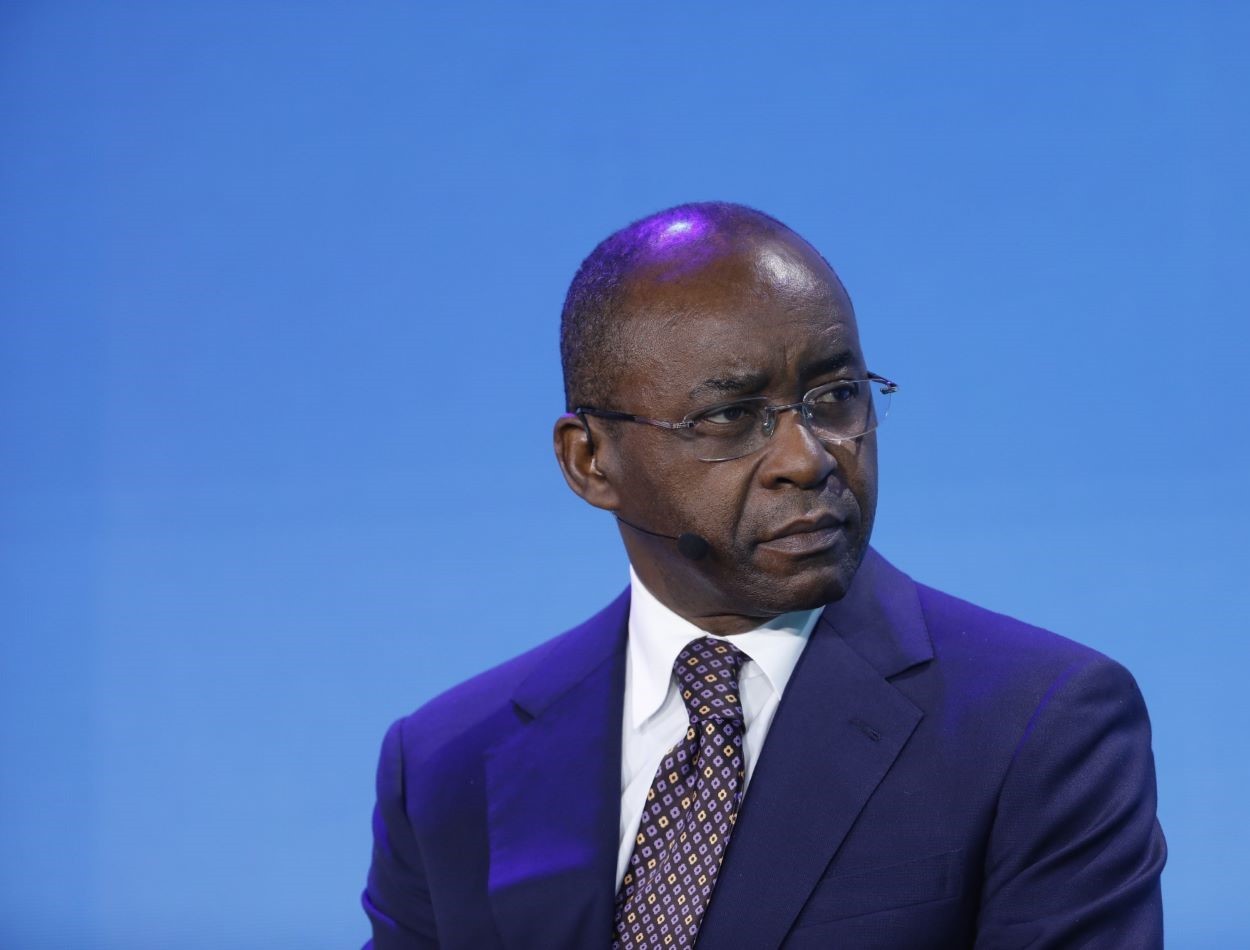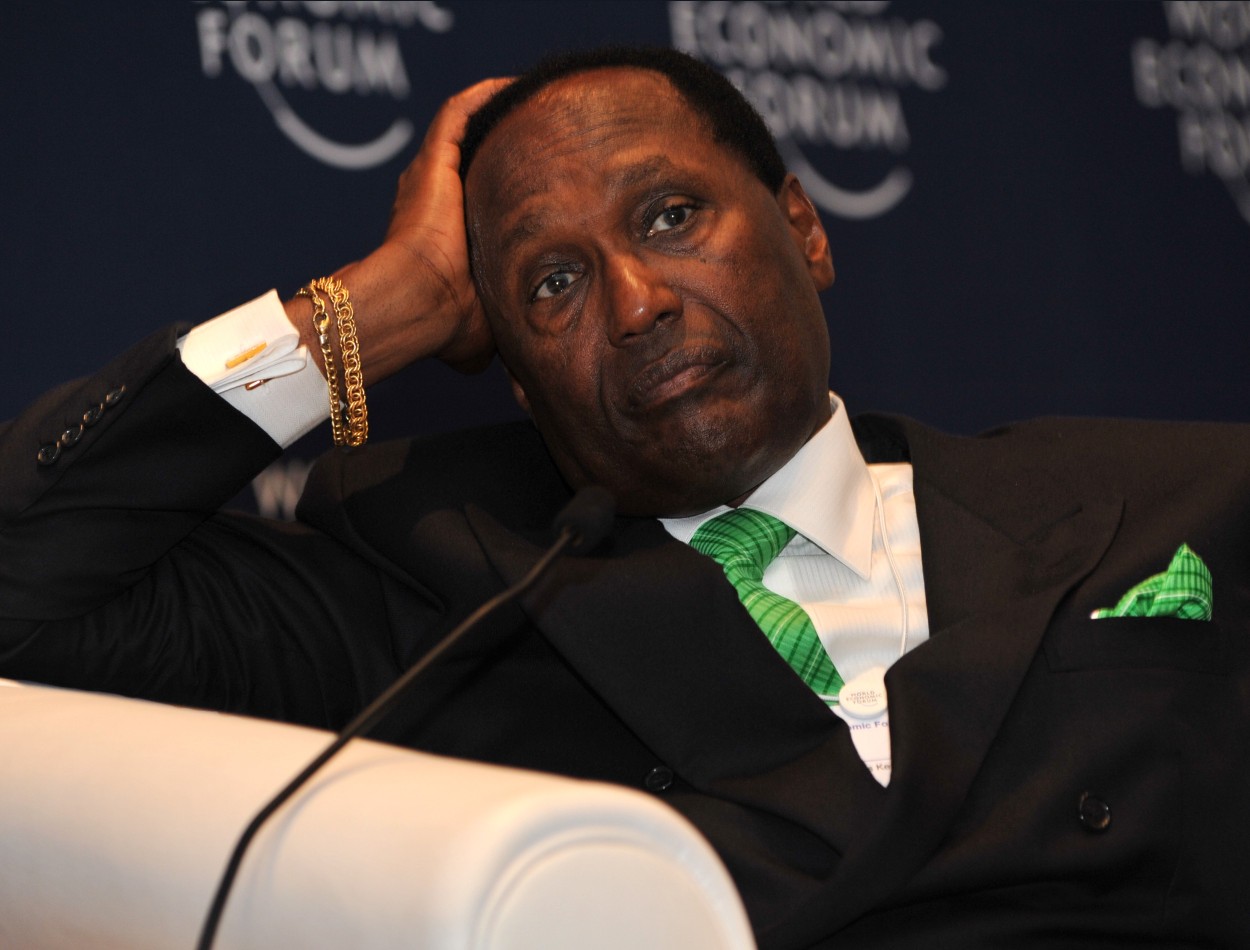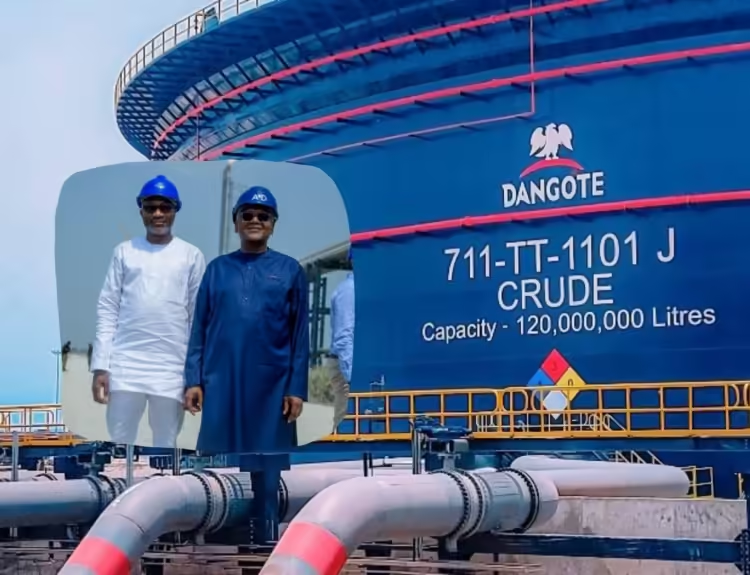Visionary and compassionate are the two words that resonate with most people who know Strive Masiyiwa, the 61-year-old London-based Zimbabwean billionaire.
Masiyiwa is a self-made billionaire whose flight to the top was full of political turbulence and huddles erected by the political elites in Harare.
As one of the most influential figures in Africa, he is in a league of his own with no scandal or controversies that have tainted some of the continent’s billionaires.
People close to him say that he has a strict work ethic and that his success is a testament to resilience, innovation, and unwavering commitment to changing the lives of millions on the African continent.
Masiyiwa is the founder and chairman of technology conglomerates Econet Global and Cassava Technologies with operations in Africa, Europe, and the Americas.
His rise to the top is not really a rags-to-riches story, or as others might say a “grass to grace” success.
Masiyiwa came from a modest upbringing that gave him a solid foundation and an unapparelled work ethic.
The beginning
The 61-year-old philanthropist was born in 1961 in Southern Rhodesia, present-day Zimbabwe.
The family left the country when he was seven and settled in a mining town in Zambia where he attended primary school.
His parents were entrepreneurs, a trait that was passed to him, and afforded him education in the United Kingdom.
Masiyiwa completed his secondary education in a private school in Scotland before pursuing a degree in electrical engineering at the University of Wales.
Before returning to Zimbabwe in 1984, he worked in a computer firm.
He worked for a State-owned telecoms company upon return before quitting to start his own company.
Regulatory hurdles
Throughout his career, Masiyiwa has faced numerous challenges, from navigating regulatory hurdles to overcoming entrenched monopolies.
Yet, his resilience and strategic vision have propelled him to success, earning him recognition as one of Africa’s most influential entrepreneurs.
The advent of mobile phones and wireless communications pushed him to expand into the telecommunications sector, but he would soon encounter obstacles after the Zimbabwean government, under Robert Mugabe’s administration, denied him a license to operate Econet Wireless.
Faced with this setback, Masiyiwa moved to court, arguing that the refusal infringed on his rights.
Following a protracted legal battle spanning five years and pushing him to the brink of financial ruin, the Zimbabwean court ultimately ruled in his favor.
This landmark decision not only paved the way for the removal of the state monopoly in telecommunications but also heralded a pivotal moment in opening up the African telecom sector to private investment.
Today, Econet Wireless Zimbabwe holds the position of the second-largest company in Zimbabwe by market capitalization.
In March 2000, Masiyiwa decided to leave Zimbabwe indefinitely amid reports that local authorities wanted to arrest him.
He first resettled in South Africa, where he laid the foundation for The Econet Wireless Group, a distinct entity from the Zimbabwean business.
From here, he established other enterprises including Econet Wireless International, Econet Global, Mascom Wireless Botswana, and Econet Wireless Nigeria (now Airtel Nigeria).
Spanning across Africa and reaching international markets including the United Kingdom, Europe, the United States, Latin America, New Zealand, the United Arab Emirates, and China, Masiyiwa’s businesses have left an indelible mark.
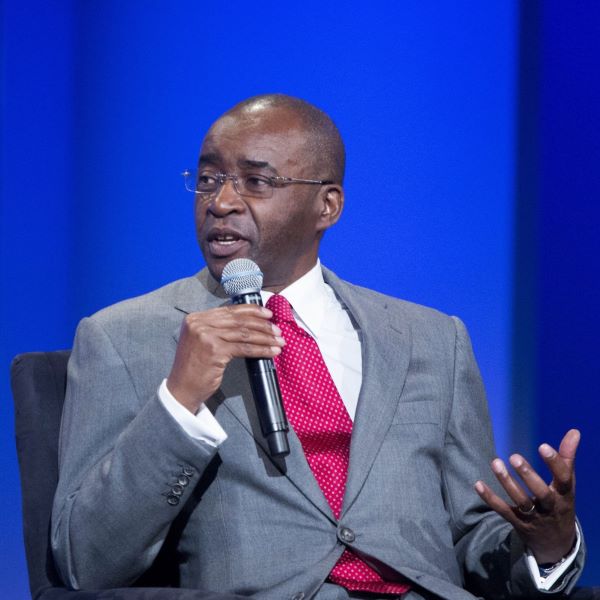
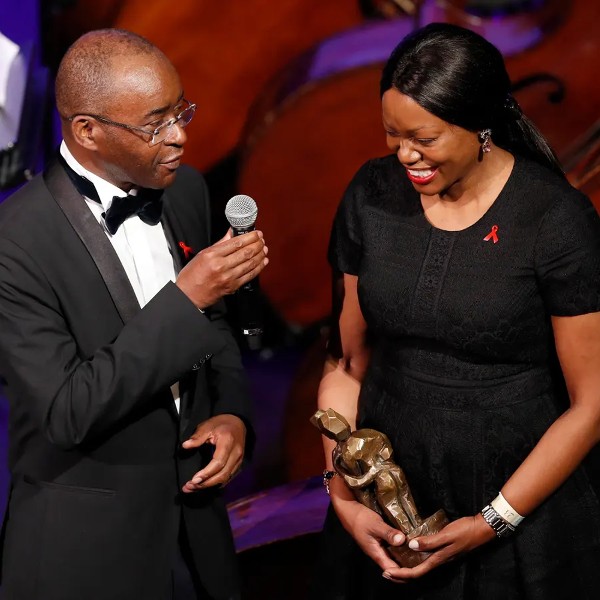
Influence far and beyond
Masiyiwa’s various international roles and affiliations throughout his career are extensive and diverse.
He has served on the boards of esteemed organizations such as Unilever and Netflix and held trustee positions with prominent institutions including the Bill & Melinda Gates Foundation and the National Geographic Society.
Additionally, he has contributed his expertise to advisory councils such as the Bank of America’s Global Advisory Council and the UN Commission on Adaptation, among others.
Notably, he co-founded Generation Africa and played a significant role in initiatives like the Africa Progress Panel and the Alliance for a Green Revolution in Africa.
Masiyiwa’s involvement extends to humanitarian efforts, including co-founding the African Union’s Ebola Fund.
He has also been recognized for his contributions to education and academia, serving as a trustee for Morehouse College and holding positions with Stanford University and the African Academy of Sciences.
His dedication to global issues is also evident through his involvement with the US Holocaust Memorial Museum’s Committee on Conscience and his service on two UN Advisory Panels.
Giving back
Masiyiwa made news during the COVID-19 pandemic after he paid millions of dollars to keep striking Zimbabwean health workers in hospitals to save lives.
According to Bloomberg, the billionaire spent more than $10 million to support the crumbling public health system by paying staff salaries and allowances.
But that is just the tip of the iceberg!
He is a signatory of the Bill Gates and Warren Buffet Giving Pledge initiative.
It is an initiative founded in 2010 by the two American billionaires to encourage wealthy people to give more than 50 percent of their wealth to charitable causes.
In 1996, he founded the Higherlife Foundation, a charity organization that is dedicated to providing educational opportunities to disadvantaged youth across Africa.
Through scholarships, mentorship programs, and infrastructure development initiatives, the foundation has transformed the lives of thousands of young Africans, empowering them to realize their full potential and become catalysts for change in their communities.
So far, Masiyiwa’s family foundation has granted scholarships to over 250,000 young Africans within the last two decades.
Additionally, he has backed over 40,000 orphans and has financially supported students attending universities in the United States, the United Kingdom, and China.
His interest in education comes from his conviction that training gives professionals and entrepreneurs alike, strong foundations.
According to the tycoon, people must invest money and time to develop skills and expand their understanding of issues.
During a session on his social media in which he speaks to entrepreneurs, he narrated how he missed out on an opportunity to attend a training in Japan while working as an engineer in a telecoms company.
After the disappointment, he dedicated 15 percent to 20 percent of his pay to his own training.
The experience has seen him open doors to many other people who might not have the resources to explore their full potential.

